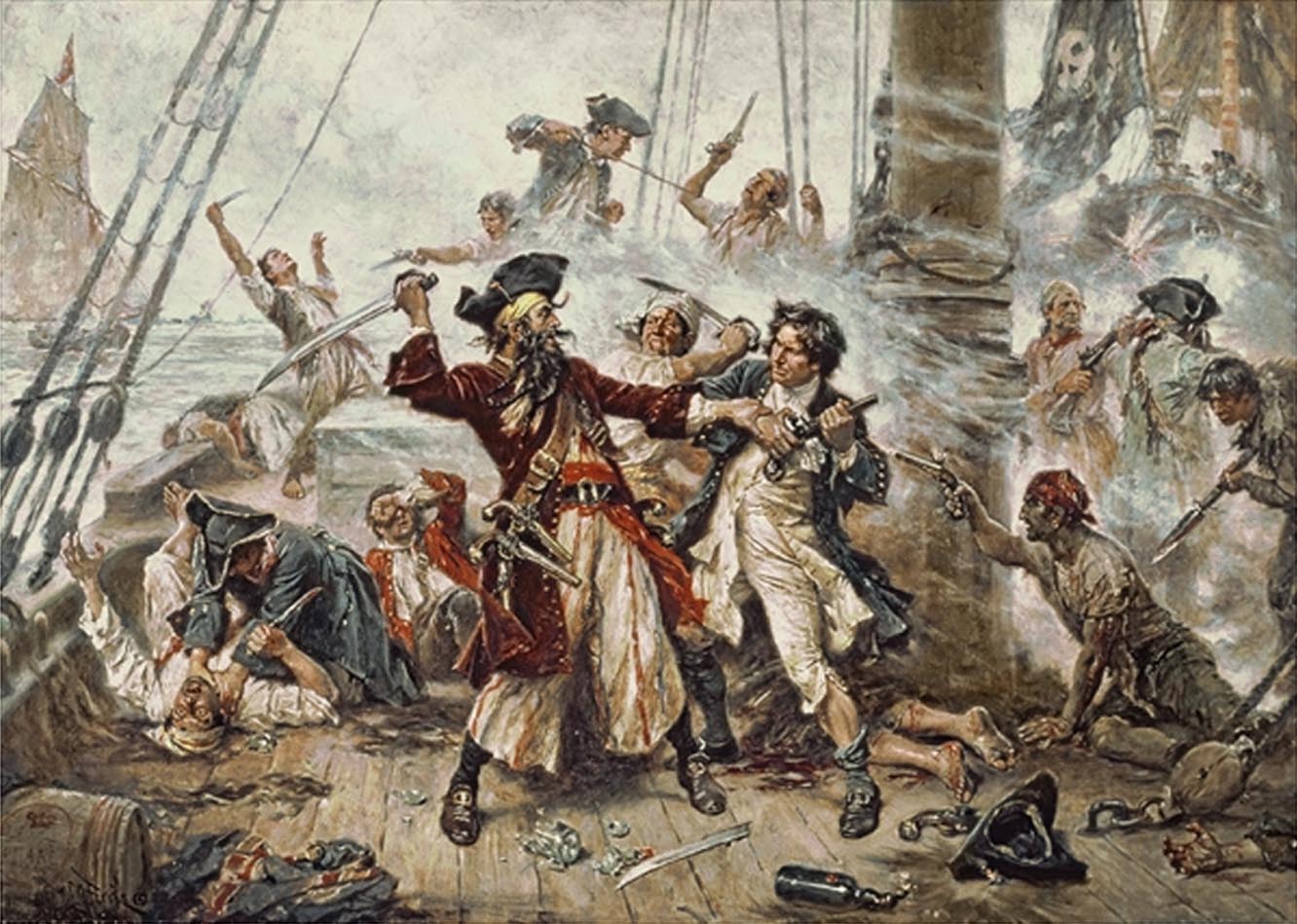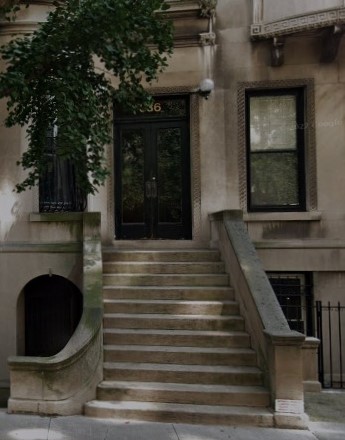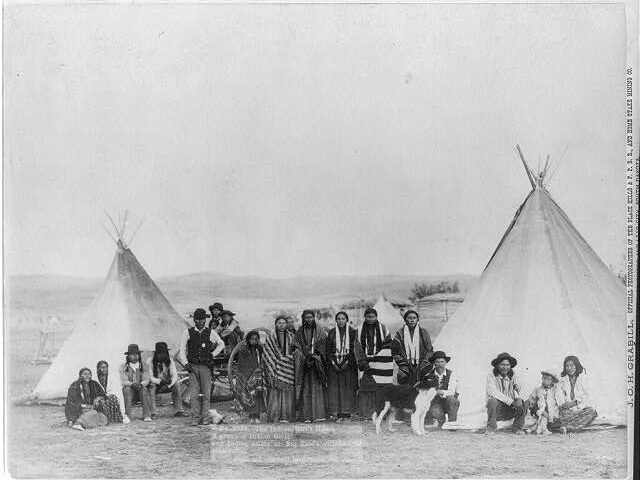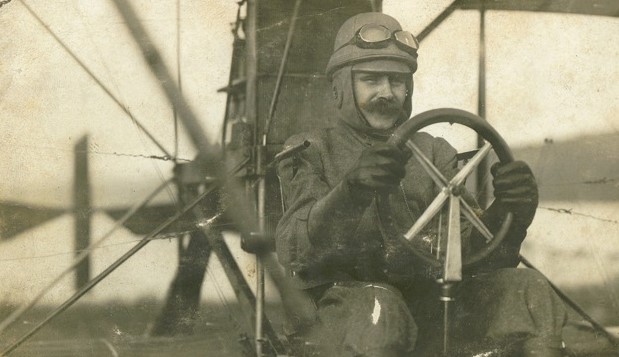{Researching Commissioned Officers Gone Awry}
We all know about infamous pirates like Blackbeard and Captain Kidd. But beyond those who made a career of it and whose life stories have shown up in numerous books over the centuries, there are those who had a much less notorious history who started out as privateers, commissioned officers who privately owned ships who engaged in warfare. However, some decided to avail themselves of the booty of the enemy ships they captured. Pirate or freebooters, as they were sometimes referred to for obvious reasons, became such a prolific problem that orders and laws were decreed to have them punished, sometimes to the extreme of hanging.
While raiders of this type existed long before newspapers, the printed paper allows us a view into the general attitude, history, and demise of the nefarious occupation at the time the events were occurring. One of the earliest digitized newspapers mentioning pirating is from 1701, broadcasting how the government in Sweden was attempting to get the odious profession under control. In April of 1701, the Swedes had had enough, publishing an order requiring
‘Admirals, Captains and other Officers of the Swedish Fleet, to hang as Pirates and freebooters, all the Privateers that shall be taken in the Baltick Sea, with Commission either from the King of Poland or the Czar, without any manner of regard to their Commissions.’1
One would think that 100 years later the problem would be well in hand. However, in my family, my 3x great-grandfather was documented as one in the early 19th century. Some years ago while working with my cousin on my maternal grandmother’s family tree we came across an article in the Spanish magazine, TAG, calling our 3x great-grandfather, Cipriano Caraccioli, a pirate.2 Cipriano wasn’t exactly a real pirate, he was actually working for ‘the cause’ of Napoleon. Born in 1785 on Corsica, the same island as Napoleon, Cipriano became loyal to the diminutive ruler. So enamored with the ruler, Cipriano would later name one of his children, my great-great-grandfather, Napoleon Bonaparte Caraccioli.
About 15 years Napoleon’s junior, 20 year old Cipriano started as a privateer in Napoleon’s war in about 1805. By 1811, at 26 years old, Cipriano was commanding the ship, Filibustier. Oddly enough, the meaning of the ship’s name was ‘someone engaging in unauthorized warfare.’ On November 3rd of that year, he and his shipmates captured the Spanish brig San Jose from the port of Alicante, its four crew members, and the cargo. His pirating was intercepted by the Catalonians, who detained him and brought him to court. The court came to a compromise with Cipriano, who somehow had devised a plausible story. It cost him some money of course, but it allowed him to continue commanding the waters. Cipriano not only cheated death once, but twice. On 7 May 1813, he was captured once again by the Catalonians who somehow believed he was inactive at this point. He and his vessel were seen as neutral and with the invocation of the consul name, Francisco Materon, he was released. Five years after Cipriano’s last capture, an order was published promising a pardon for freebooters and miquelets in Spain as long as they enlist in the service of Spain’s ruler.3 By that time Napoleon was resting ill at ease on Saint Helena and Cipriano had found his way to Manhattan where he settled and opened a confectionery. His demise was not hanging, rather he purchased land in New Jersey over time, built a farm in Woodbridge where he died and is now buried somewhere in the swamp which now exists where the farm once stood, a somewhat fitting end perhaps.
Without a doubt there were many privateers who slipped under the radar similar to Cipriano. If anyone in your family tree served as a privateer, especially between 1700 and the mid-1850s, it might be worth doing some digging around to see if they fit the definition of pirate or freebooter. Searching the newspapers using your ancestor’s name is a good place to start, but it is likely that a more intense search will be necessary. I was lucky that Cipriano was written about in a magazine by a writer who studied pirating in the area where Cipriano had been captured. Performing a Google search using your ancestor’s name in quotes followed by “pirate” or “freebooter” after a general search using just their name may reveal some results. Sites which post scholarly writings such as archive.org, hathitrust.org, jstor.org, and scholar.google.com/, for example, can be helpful, especially when focusing on the area where the privateer served, the country or ruler they served, and when they served. In addition, military records as well as court records may reveal some answers as well.
If you have additional resources you have used with success in your search, please feel free to share. Wishing you the best in your search!
References:
1. The Post Man and The Historical Account (London, Greater London, England) 12 Apr 1701, p.1, c.2.
2. Sanet, Josep Maria (2002)‘Aproximació a l’activitat corsària, a les costes de la província marítima de Tarragona, durant la guerra del Francès’ in TAG, VII:27, pp. 19-23.
3. The Post Man and the Historical Account (London, Greater London, England) 9 January 1718, p.1, c.2.



